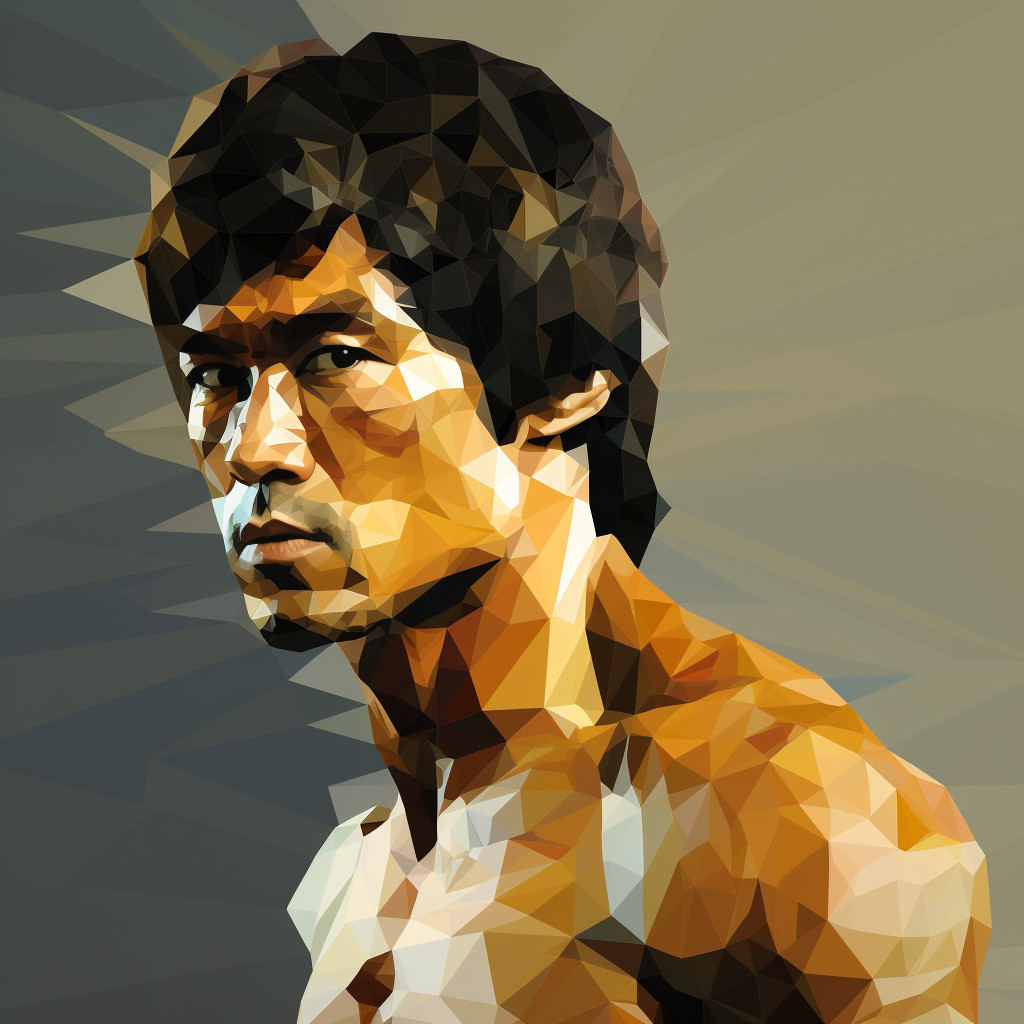This quote is a profound statement about the concept of unity and oneness. It suggests that the journey towards self-realization or enlightenment is hindered by duality, by seeing and categorizing the world as separate entities, as ‘us’ and ‘them’, ‘good’ and ‘bad’, or ‘right’ and ‘wrong’. This dualistic thinking, according to the quote, prevents us from achieving a state of realization or enlightenment.
The idea of oneness is not about homogeneity or sameness, but rather about understanding the interconnectedness and interdependence of all things. It’s about recognizing that we are all part of a larger whole and that every action we take has an impact on this whole. It’s about moving beyond the ego and the illusion of separateness to see the bigger picture.
In today’s world, this concept is more relevant than ever. We live in a time of deep divisions and polarizations, where dualistic thinking is often the norm. Whether it’s politics, religion, race, or even personal beliefs, we tend to categorize people and ideas into neat boxes, creating an artificial separation that fuels conflict and misunderstanding.
In terms of personal development, embracing the idea of oneness can lead to a more compassionate and empathetic outlook. When we understand that we are not separate, but rather part of a larger whole, we can begin to see the world from a broader perspective. This can lead to a greater sense of empathy and understanding towards others, as we realize that their experiences and struggles are not separate from our own, but part of the shared human experience.
Furthermore, recognizing our interconnectedness can also foster a sense of responsibility and accountability. If our actions impact the whole, then we have a responsibility to act in ways that contribute positively to this whole. This can be a powerful motivator for personal growth and development, pushing us to be better not just for our own sake, but for the sake of the whole.













